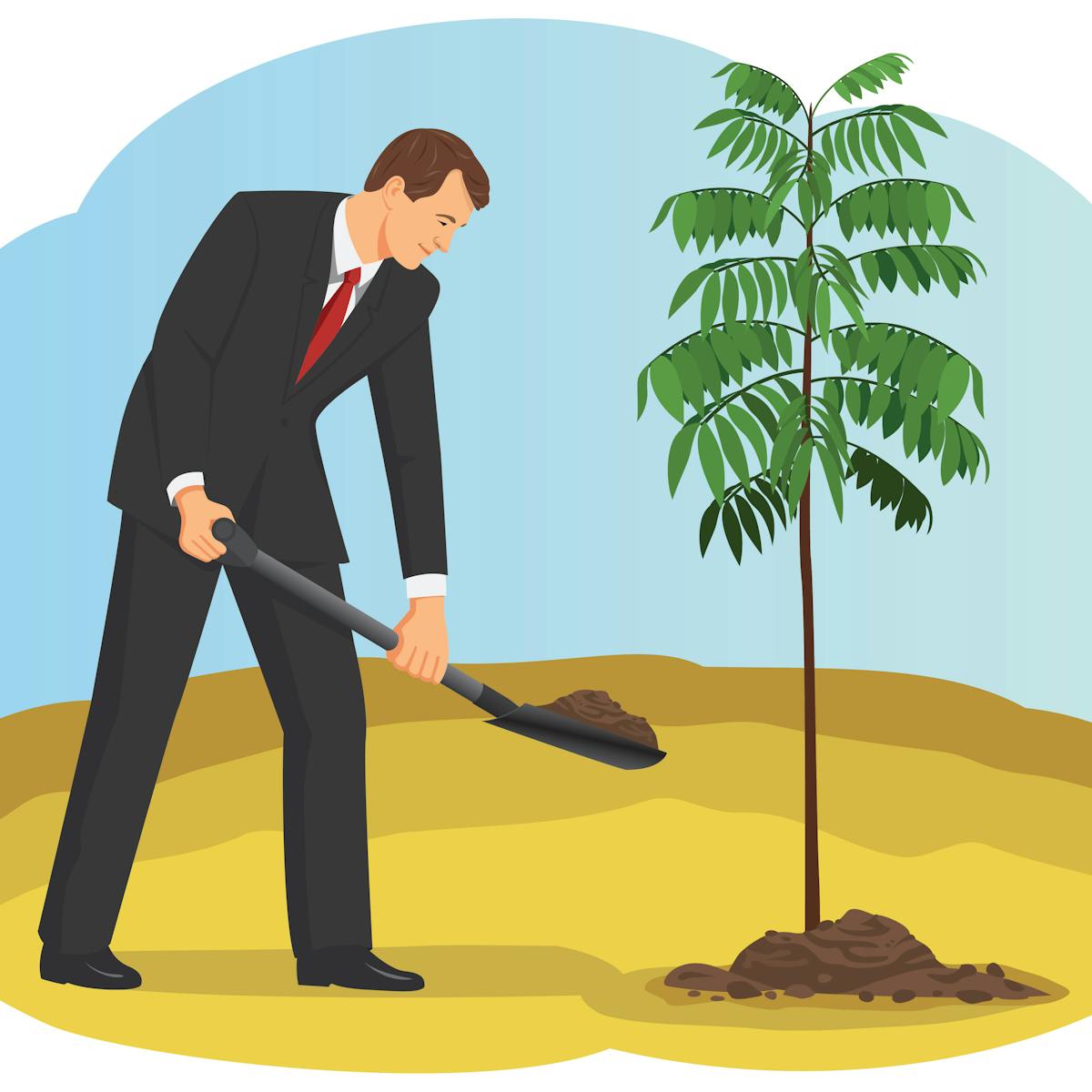TREE PLANTATION
Air Quality Improvement: Trees are known for their ability to absorb carbon dioxide, a greenhouse gas that contributes to climate change, and release oxygen through the process of photosynthesis. By planting more trees, we can help reduce the concentration of carbon dioxide in the atmosphere and improve air quality. Trees also filter pollutants and particulate matter from the air, thereby reducing air pollution levels.
Climate Change Mitigation: Trees act as carbon sinks, absorbing carbon dioxide from the atmosphere and storing it in their biomass. This process helps mitigate climate change by reducing the amount of greenhouse gases in the atmosphere. Additionally, trees provide shade and lower temperatures through evapotranspiration, which can help mitigate the urban heat island effect and contribute to climate adaptation efforts.

SOCIAL WORKS





